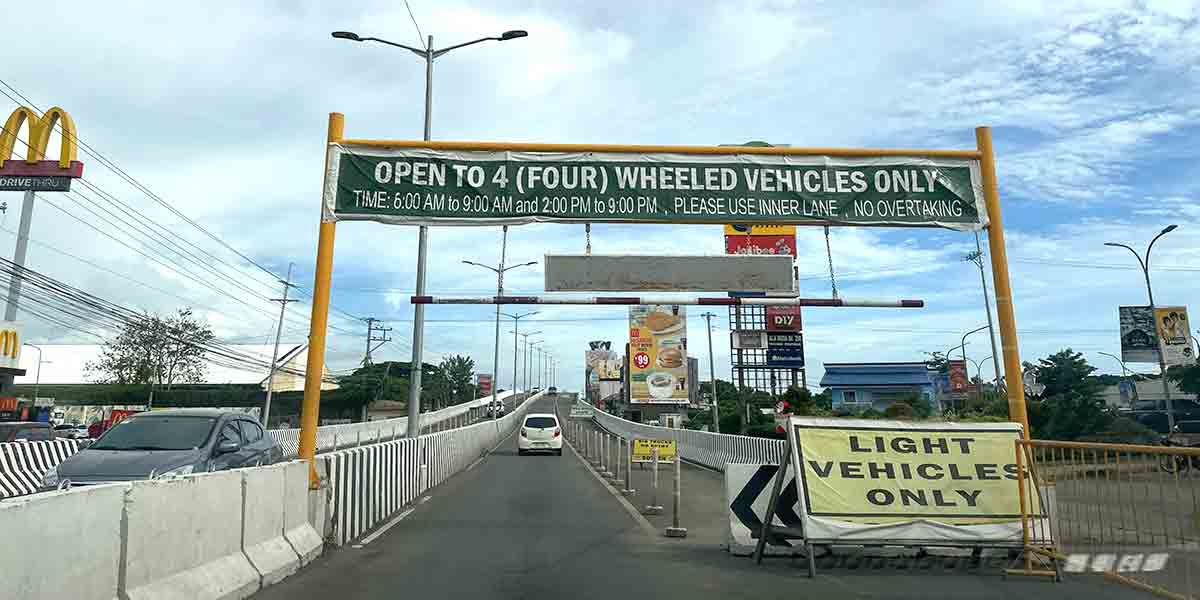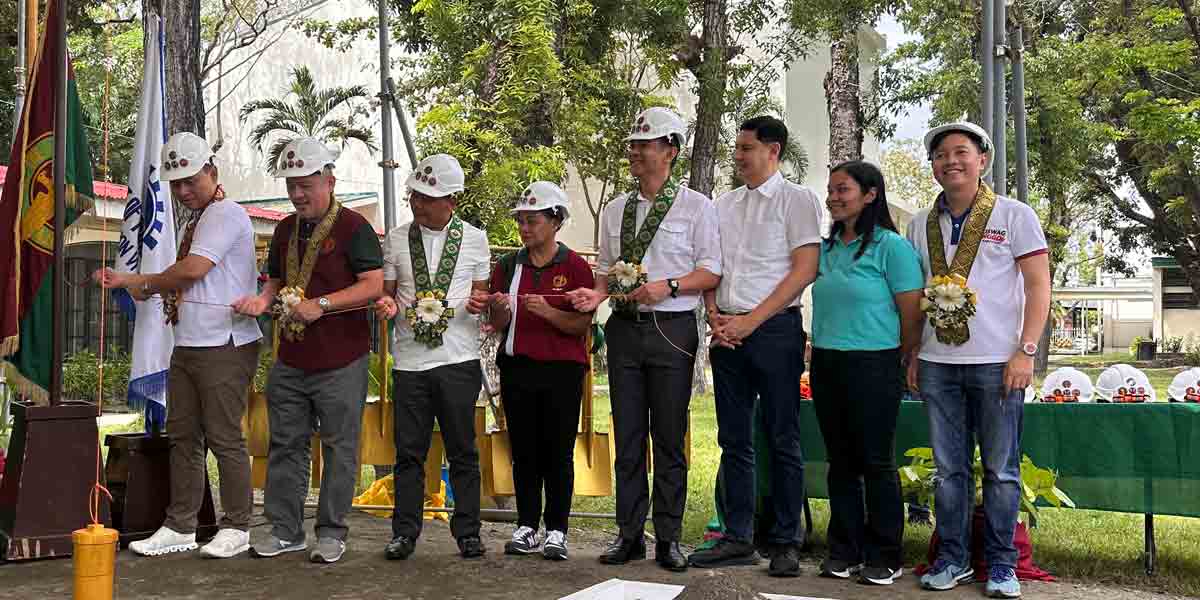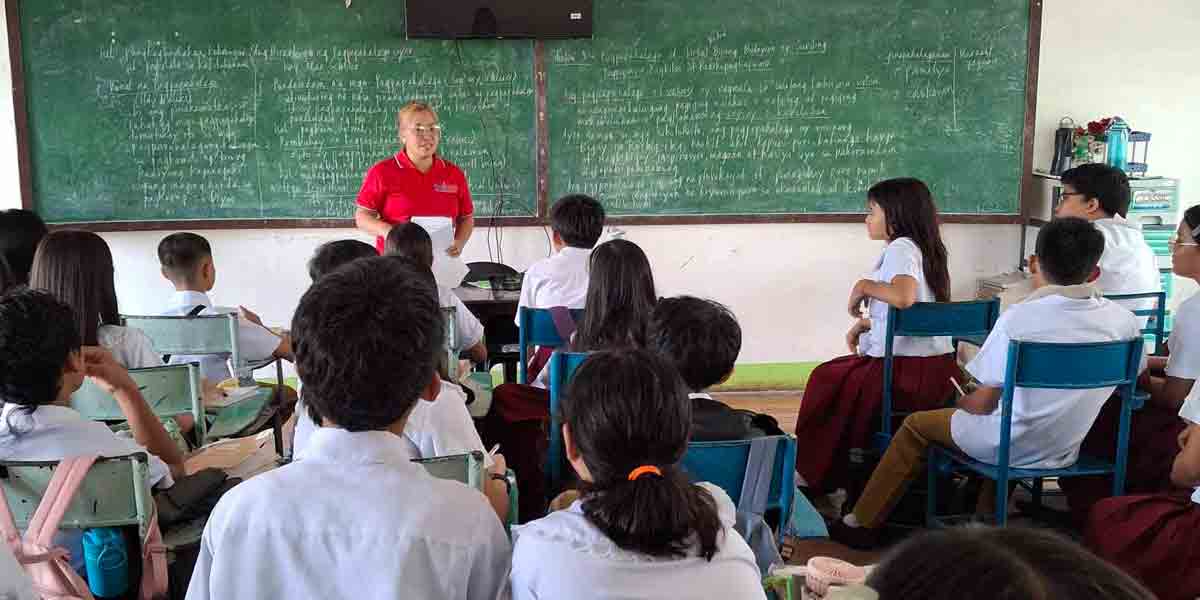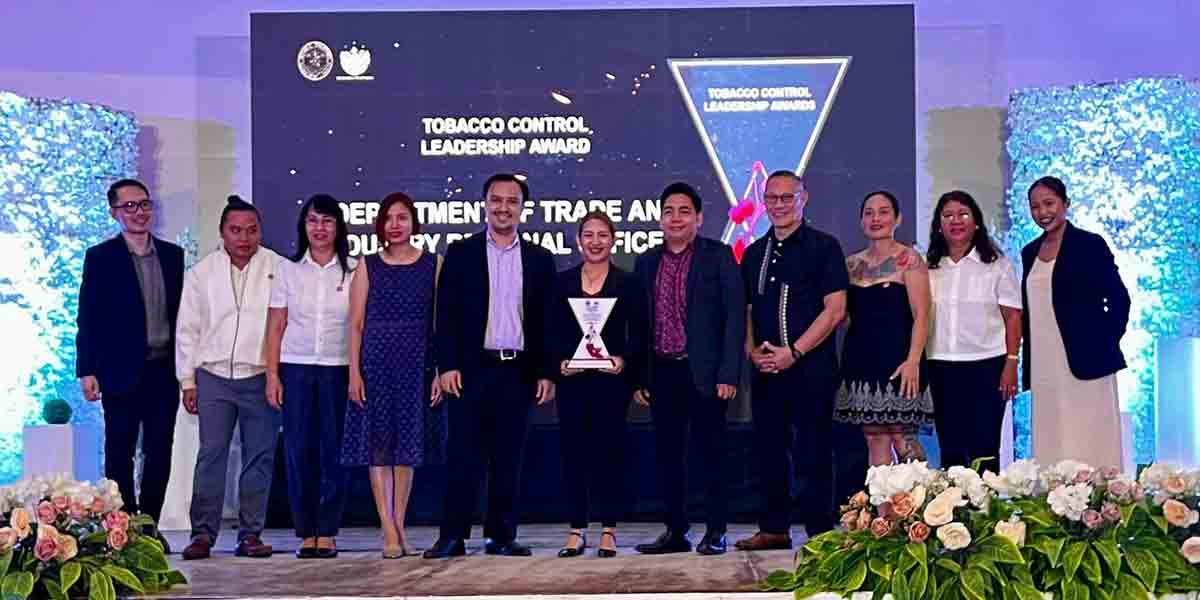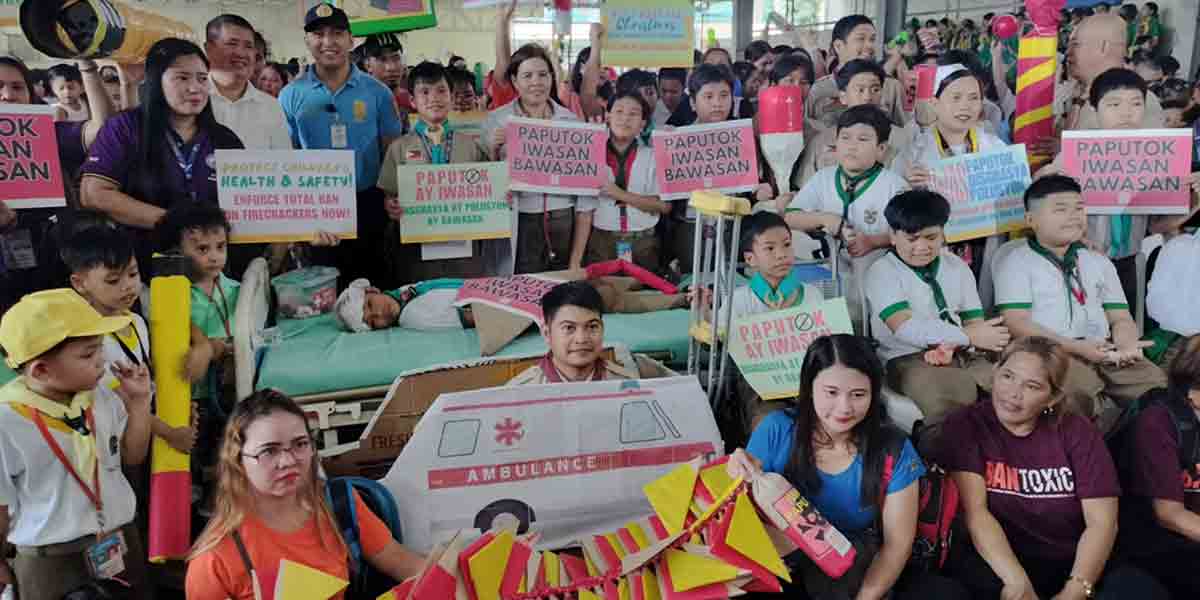
The World Health Organization (WHO) hosted the inaugural meeting of the WHO Youth Council from January 27 to 30 in Geneva, bringing together representatives from 22 diverse youth organizations from health and non-health backgrounds.
The WHO Youth Council is a dynamic network aimed at amplifying the voices and experiences of young people and leveraging their expertise, energy, and ideas to promote public health. They will be working with youth and youth organizations worldwide to create a youth movement for health.
“The Youth Council is the central element of WHO’s commitment to engage with young people, by supporting their leadership, promoting partnerships, and advocating for their recognition and visibility,” said Dr Tedros Adhanom Ghebreyesus, WHO Director-General. “Your voices and your insights can make a real difference to realizing WHO’s vision of Health for All.”
The Youth Council will provide advice on health and development issues affecting young people, actively engaging the WHO Director-General and senior WHO leadership. It will serve as a platform for designing and incubating new initiatives as well as expanding WHO’s existing youth engagement activities. Through the Youth Council, WHO will develop an inclusive Youth Engagement Strategy across all levels of the organization.
During the four day meeting, the Youth Council members discussed key priorities and work plans to accelerate progress on universal health coverage, noncommunicable diseases, mental health and youth leading for health. They interacted with the WHO Director-General, Chair of the WHO Executive Board, Dr Kerstin Vesna Petrič, and other senior WHO leaders to brainstorm on concrete initiatives.
Several key outcomes of the meeting include:
-agreeing on mechanisms for making partnership opportunities accessible to young people across the globe through the networks represented by the Youth Council members and beyond;
-identifying avenues to establish channels for the Youth Council to showcase their work during key WHO meetings and collaborative events;
-exploring gaps in the availability of data on health inequity issues of young people and identifying WHO technical support to report these gaps; and
-developing a proposal to engage with WHO Member States. As a first step, the Youth Council identified opportunities for the inclusion of youth delegates as part of delegations from.
Member States and develop mechanisms to integrate youth delegate programmes with support from WHO leadership.

